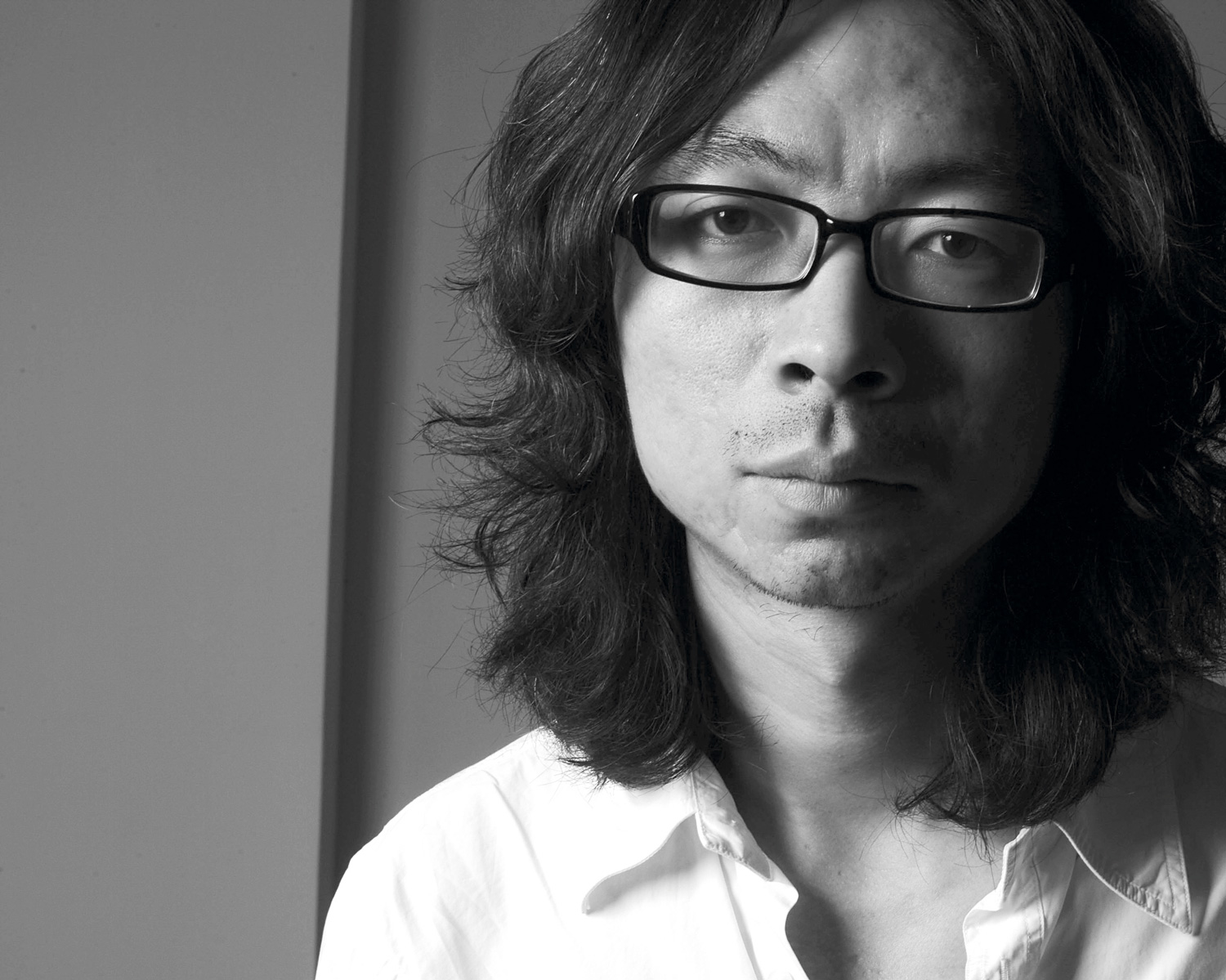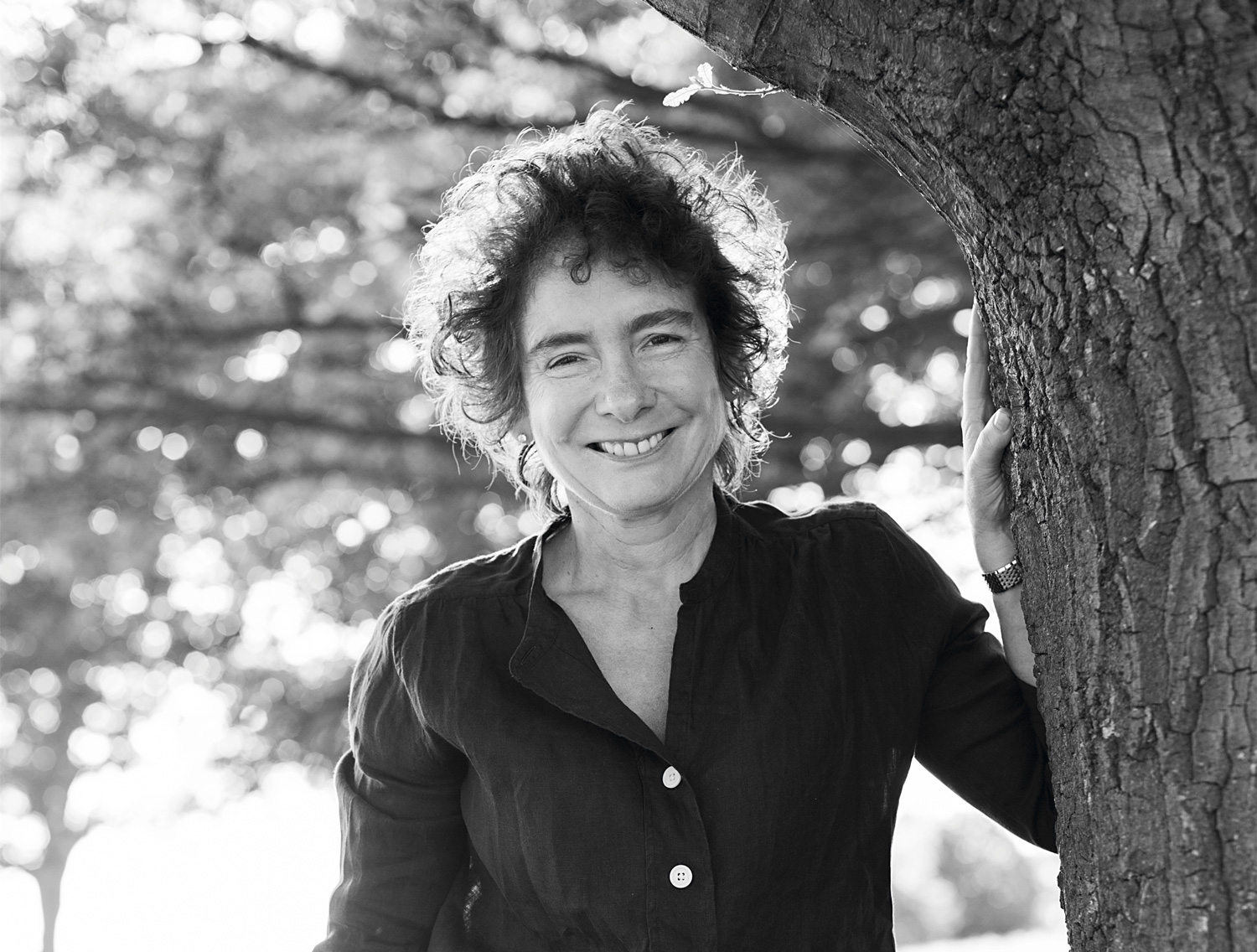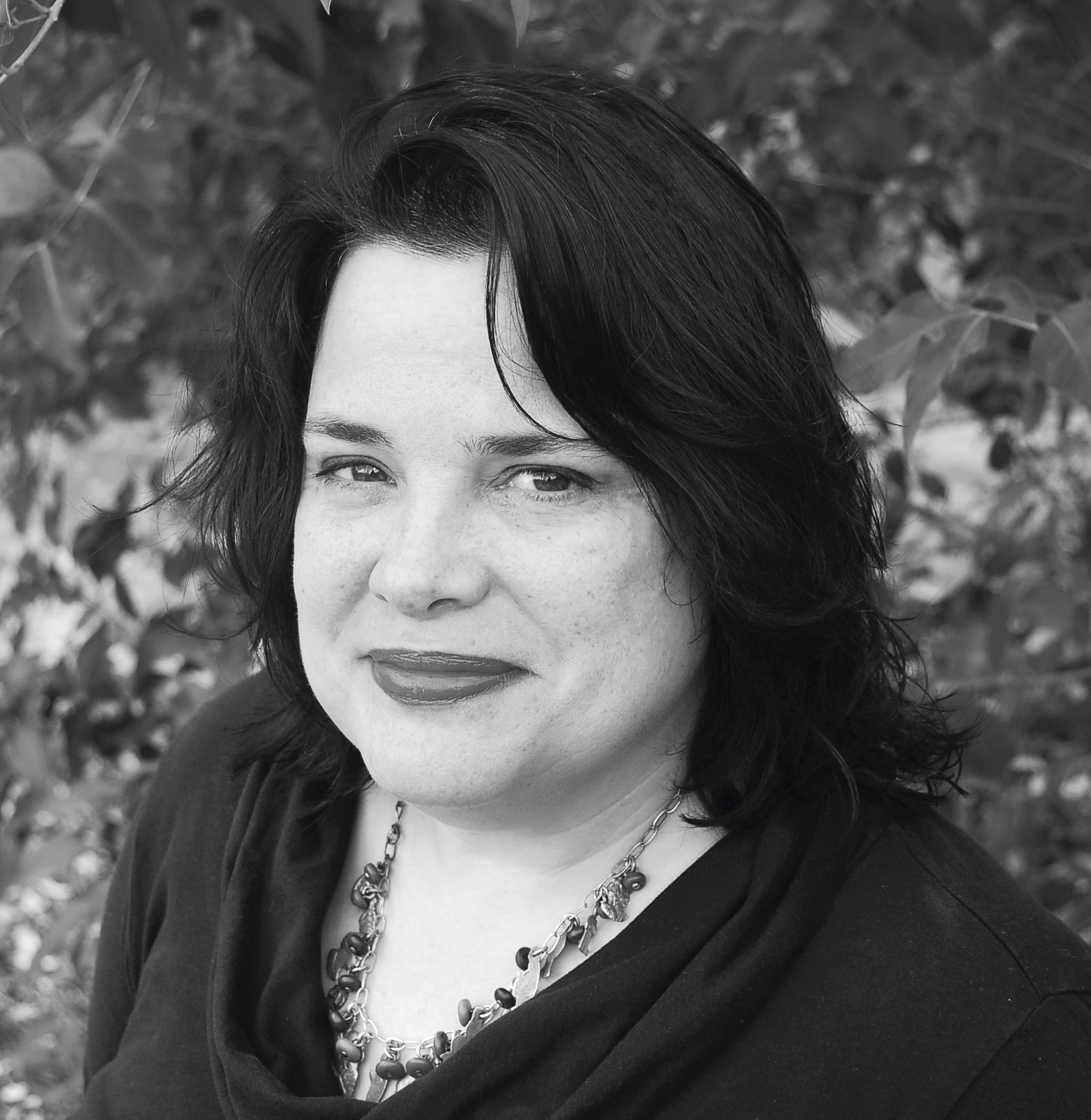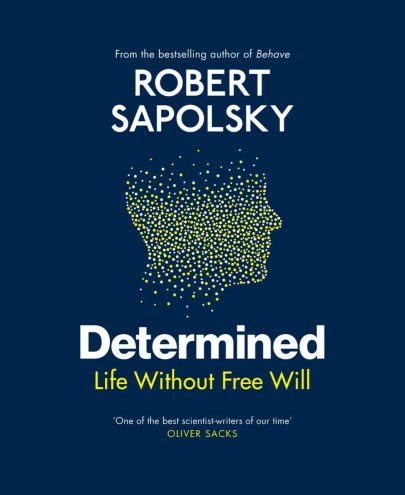Apr 15, 2016 Books
With 150 authors, 60,000 attendees, snapping synapses and coffee-cart queues, the Auckland Writers Festival returns in May. Our coverage begins with profiles of three of the authors.
Gloria Steinem. Jeanette Winterson. Susie Orbach. All are appearing in the Auckland Writers Festival in May. Is 2016 set to be the festival’s Year of the Feminists?
Social activist Steinem has been an outspoken champion of women’s rights since the 60s. The American writer and editor was a founder of Ms., launching the first issue in 1971 as an insert in New York magazine after securing funding from a male publisher who admired her legs.
Recent novels by Winterson, the celebrated British author of Oranges are not the Only Fruit and The Passion, have explored sexual identities and gender polarities, among other themes. Her latest book is The Gap of Time (2015), a “retelling” of Shakespeare’s The Winter’s Tale, which sets the story of love and jealousy amid the 2008 financial crisis.
Orbach, a psychotherapist and psychoanalyst, published her first and best-known book, Fat is a Feminist Issue, in 1978. In it, she examined women’s relationship to food and has since campaigned against pressure on girls to feel dissatisfied with their physical appearance.
Oh yes, this is the festival’s Year of the Feminists. But that’s not all it is.
Oh yes, this is the festival’s Year of the Feminists. But that’s not all it is. The programme’s roll call of heavyweights also includes Sir David Hare, the English playwright, screenwriter, and theatre and film director. Celebrated for his stage work, Hare has also enjoyed considerable success with film, receiving Academy Award nominations for Best Adapted Screenplay for The Hours (2002) and The Reader (2008).
Marlon James discusses A Brief History of Seven Killings, his exploration of Jamaican history and political instability which won the 2015 Man Booker Prize, and fellow Man Booker shortlister Hanya Yanagihara talks about her novel, A Little Life.
From China comes Xu Zhiyuan, “the most important intellectual of his generation” according to artist and activist Ai Weiwei. Zhiyuan, a columnist for the Financial Times Chinese, is the author of Alienated from the Motherland and The Totalitarian Temptation.
Pulitzer Prize-winner Paul Muldoon, one of Ireland’s — and the world’s — finest contemporary poets, is joined by countryman John Boyne, author of The Boy in the Striped Pyjamas.
Contemporary America will be scrutinised through the lens of several authors, among them Thomas Mallon, author of the just-published Finale: A Novel of the Reagan Years, and critic and memoirist Vivian Gornick, whose most recent book, The Odd Woman and the City: A Memoir, was published in 2015. Lesser-known but worth seeing is Ann Goldstein, an editor at The New Yorker and translator of the “Neapolitan novels” by literary sensation Elena Ferrante.
Also among the US contingent are Elizabeth McCracken (The Giant’s House, An Exact Replica of a Figment of my Imagination) and Jane Smiley (A Thousand Acres).
Yossi Alpher, Suad Amiry and Emma Sky bring their insights into the Middle East crisis to the festival line-up. Alpher, an Israeli independent security analyst and member of the executive committee of the Council for Peace and Security, is co-editor of Bitterlemons.org, which presents Israeli and Palestinian viewpoints on issues related to the Palestinian-Israeli conflict.
Amiry is an architect and the founder and director of a conservation centre working to protect Palestine’s architectural heritage. Her most recent book is Nothing to Lose but Your Life: An 18-Hour Journey with Murad. Sky, who teaches Middle East politics at Yale’s Jackson Institute for Global Affairs, is a former Middle East advisor to the US and author of The Unraveling: High Hopes and Missed Opportunities in Iraq.
Xu Zhiyuan

In China, dissent takes two forms, both of them compromised.
There’s Xu Zhiyuan’s variety. Short, trenchant columns or blogs that lift the skirts on the official Chinese government rhetoric. The targets are bland senior Party cadres, ersatz pop stars, venal business leaders and the bovine masses (once loyal comrades, now naive consumers). His style is iconoclastic, bilious, sometimes hectoring, always barbed. Xu enlists Borges, Kafka and Herzen to support his argument, and it is for the most part the same argument repeated throughout the 80 or so pieces collected in his most recent book, Paper Tiger: Inside the Real China. According to Xu, China has sold its birthright for a soulless prosperity, and its almost instantaneous mimicry of Western fashions and mores, attitudes, music, business strategies, catchphrases, and TV talent shows reveals a moral vacuum at the nation’s heart.
Xu stands in a tradition of curmudgeonly intellectuals who, since the Qing dynasty started to falter, have been poking at the cracks in the Middle Kingdom’s porcelain.
Xu stands in a tradition of curmudgeonly intellectuals who, since the Qing dynasty started to falter in the late 1800s, have been poking at the cracks in the Middle Kingdom’s porcelain. The catchphrase has been “contradiction”, or “mao dun”, and the message of writers like Lu Xun or Shen Dehong (who wrote under the pen name “Mao Dun” and was China’s first Minister of Culture) is that China’s centre cannot hold, that its yin and yang are out of balance and catastrophe is inevitable. The young Mao Zedong even chimed in with numerous early essays on China’s contradictions, savouring the pun with his own surname.
Cries of “This can’t be sustained” were common fare and have morphed into today’s questioning of “prosperity linked to authoritarianism” or “8 percent GDP growth year-on-year”. And yet China continues, it seems, to defy gravity, perhaps because, as Isaac Newton pointed out, something that large creates its own gravity. Not that this is good for human flourishing, as Xu amply demonstrates.
The compromise for intellectuals such as Xu is that most never have real power (or stuff it up when they do), and end up writing from exile, lobbing their diatribes at the Chinese behemoth from afar. (All of Xu’s writing is published outside of China, so his primary audience has to evade the world’s biggest internet firewall in order to access it.) Some even argue that China’s imperium has always cultivated the powerless intellectual, the paper tiger, rather like the Russian tsars tolerated a holy fool to roam the court speaking the truth, but in riddles.
The alternative approach — although Xu would hardly call it dissent — is that taken by people like Zhu Rongji, who achieved significant modernisation in his five-year premiership, but whose Party rhetoric was nevertheless pitch perfect. (Of all the recent premiers, Xu seems to grant Zhu grudging respect.) Or even Deng Xiaoping, the villain of Tiananmen Square who yet was also the man whose reforms lifted a billion people out of grinding poverty without letting the country fall apart.
Xu might argue that grinding mediocrity and a loss of civic trust is no great leap forward. That’s in the nature of compromises. To quote a Chinese proverb, “they take bricks from the east wall to mend a hole in the west wall”.
Whatever the case, we are fortunate we get to hear Xu’s voice, both in his published writing and in person in Auckland this May. – John Sinclair.
3 Festival Curiosities
1. The Emergency Poet
Deborah Alma will prescribe a poem for every festival attendee who stretches out for a “consultation” in her vintage ambulance parked at Aotea Square. The British poet, assisted by Nurse Verse (James Sheard), is an advocate of the therapeutic nature of poetry.
2. Bill Oddie
A keen birdwatcher and conservationist, as well as a musician, composer, artist and writer, Oddie found fame as a member of comedy-sketch group The Goodies, in the 70s. Diagnosed with clinical depression in 2001 and, later, bipolar disorder, Oddie illustrates some of his books with his own paintings and drawings.
3. Peter Garrett
Life’s been a heady ride so far for the charismatic environmentalist and former frontman of Australian rock band Midnight Oil, who became a committed Christian and went into politics. He published his memoir, Big Blue Sky, in 2015.
Jeanette Winterson

There are a few facts — dates, places, people — we can rely on, according to Jeanette Winterson. The rest is interpretation and imagination.
I’m not sure I can remember the exact date, but some time in the winter of 1987 I went into Unity Books on High St. I was leaving the country the next day and I needed a book. The man behind the counter was Nigel Cox. Tall, smiling, bespectacled, he was talking to someone and straightening books in piles, his fingers neatening their corners. When he saw me waiting, he nodded to the person he was chatting to, and went to my side of the counter as though moving to talk to someone who had just arrived at a party.
I told him I was getting on a plane and needed a book that would keep me company for 36 hours. That meeting was my first introduction to Winterson and the book I read on the plane was her novel The Passion. It was the 80s and the word “passion” had some sway — it had yet to be overused as the key “driver” to any creative enterprise.
I opened the novel as the plane took off and the deeply imagined fairytale prose, as transportive as the plane, kept me in its grip, moving me halfway across the world. It had one of the most striking voices I’d read; compelling, seductive and utterly original. Jolting, lyrical prose about a Venetian gondolier’s daughter with webbed feet and Napoleon’s chicken chef. Using preposterous material to get to utterly dead-serious truths about love. I arrived in London disorientated more by that book than by any sense of dislocation from leaving home.
Over the years since, I’ve kept track of Winterson’s books and her writing. In a roundabout way I could say her book changed my destiny; years later I married the man who sold me that book. You could say she had a hand in it.
She’s won a whole laundry list of prizes and awards. I loved Oranges are not the Only Fruit, her coming-out novel based on her upbringing, which won the Whitbread Prize for Best First Fiction. I liked Boating for Beginners and I wanted to like Sexing the Cherry more than I did, but after that we parted ways. I realise all my life I’ve been trying to get back the same hit I got off The Passion but she went further out than I could follow. She’s pushed boundaries in her fiction, both imaginative and in terms of gender and sexual identities, and her extraordinary wit and intelligence have meant I’ve been able to read her as an essayist, a reviewer, a critic.
Intriguing snippets of her personal life have surfaced on Google. She bought a derelict terraced house in Spitalfields, which she configured as a pied-à-terre and a ground-floor shop selling organic food. Her love life has been public and colourful. She married Susie Orbach, also on the programme for this year’s festival, in 2015.
She has heart and soul that can cross the centuries.
The Gap of Time, Winterson’s cover version of The Winter’s Tale, is the first in a series of reimaginings of Shakespeare’s works by prominent authors to coincide with the 400th anniversary of his death this year. Smart commissioning by Hogarth Press. She’d be my go-to-person for the job. She has heart and soul that can cross the centuries.
When Winterson appears at the Auckland festival, it won’t be in a chaired event. She prefers the podium. I imagine her strict, proselytising Pentecostal upbringing has prepared her well for speaking to her audience; direct, unfiltered, unmediated and to the point. I’ll be there. – Susanna Andrew.
Elizabeth McCracken

“I do not love mankind,” says the narrator at the beginning of The Giant’s House (1996), Elizabeth McCracken’s first novel. “People think they’re interesting. That’s their first mistake.”
Unlike this narrator — a caustic librarian who forges an unlikely intimacy with a giant-sized local boy — McCracken is the least misanthropic of writers.
Compassionate and curious, she finds the world, and in particular its misfits, deeply interesting, and she renders the peculiarities and universalities of their lives on the page in a clear and sparkling prose.
McCracken is a writer who can handle sincerity and heartbreak and poignancy without succumbing to earnestness or sentimentality, and there’s a keen wit to her work that places her in the same weird, wise gang as Flannery O’Connor and Carson McCullers.
Her second novel, Niagara Falls All Over Again (2001), explores another sort of strange life in the public eye: that of a Laurel and Hardy-style act. Written as the memoir of the pair’s straight man, the novel charts their professional rise and personal disasters, from small-town Iowa through the Depression-era vaudeville circuit to cool 50s Hollywood, a burgeoning Las Vegas, and a trailer park in Reno. It’s a novel about the decline and fall of an age as well as a strange, closer-than-marriage relationship.
Offbeat relationships and eccentric loners are at the heart of many of McCracken’s vivid, shapely short stories. The assembly in her first collection, Here’s Your Hat What’s Your Hurry (1993), includes an elderly kidnapper, a tattoo artist and a one-armed woman. McCracken’s most recent collection, Thunderstruck (2014), won The Story Prize in the US; “Hungry” from that collection was shortlisted in 2015 for The Sunday Times EFG Short Story Award in the UK. There’s less eccentricity and a deeper darkness in the American author’s work these days: the latest stories are peopled by ghosts, widows and bankrupts, adrift children and hapless adults.
Yet there’s still rich, dark comedy, and the sharpest eye. The grandmother in “Hungry” is “a bright, cellophane-wrapped hard candy of a person: sweet, but not necessarily what a child wanted”. In the title story, when a Frenchwoman praises a foreigner’s grasp of her language, he suspects her of “condescending to him, but in a cheerful, nearly American way”. Paris on the map looks “like a box of peanut brittle that had been dropped onto the ground, the Seine the unravelled ribbon that had held it together”.
There’s an unflinching honesty, because McCracken is the opposite of the soft-centred, self-indulgent misery-memoirist trumpeting a search for “closure”.
France is a place McCracken knows well, and it’s unsurprising she revisits it in her short fiction as a setting for stories about loss and familial fragmentation. Ten years ago she was living there with her husband, the writer Edward Carey, at work on “a malingering novel” and expecting their first child.
The boy was stillborn. McCracken’s lean, moving memoir about the experience, An Exact Replica of a Figment of My Imagination (2008), tells “the happiest story in the world with the saddest ending”.
As in her fiction, there’s black humour and utter heartbreak in the memoir. There’s also an unflinching honesty, because McCracken is the opposite of the soft-centred, self-indulgent misery-memoirist trumpeting a search for “closure”. In all her work her unique story-telling sensibility is visible on every page, both playful and serious, astute and generous, intelligent and intuitive. – Paula Morris.
Auckland Writers Festival, May 10-15. See writersfestival.co.nz for the full programme.
Illustration: Lauren Marriott exclusively for Metro.
Read more: A guide to the Auckland Writers Festival: Part two





